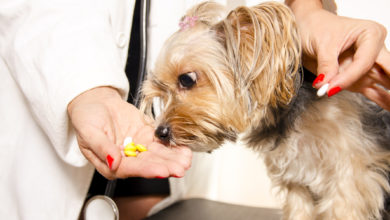New avian flu measures announced
New measures to protect against avian flu have been confirmed by the Government chief vet.
A more targeted approach will be taken to control the disease.
Following plans set out earlier this month, all poultry keepers across England must continue to observe strict biosecurity measures, with housing or netting required in higher risk areas.
This approach is based on the current situation and the latest veterinary advice, which concludes that it is the best option to control disease, protect birds’ welfare and ensure consumers can buy free range products.
This new approach will apply from 28 February, when the current prevention zone expires. It gives most keepers the option to let birds outside whilst still taking reasonable precautions against avian flu. The ban on poultry gatherings remains in force.
All poultry keepers – whether they keep a commercial flock or a few chickens in their back garden – must continue to practise strict disease prevention measures, following Defra’s guidance to take steps to reduce the risk of infection via the environment.
Chief veterinary officer Nigel Gibbens said: “Effective disease control will always be our priority. H5N8 continues to circulate in wild birds and we must all continue to do everything we can to reduce the risk of disease. All keepers across the country must follow strict mandatory disease prevention measures.
“Based on clear scientific evidence, the risk from wild birds is too high in some areas of England to rely on biosecurity measures alone. That’s why we are requiring birds in Higher Risk Areas to be housed or protected from wild bird contact by netting.
“We believe this is the best approach to control disease, protect birds’ welfare and ensure consumers can buy free range products. As with any disease control measures these will be kept under review based on the latest situation and up-to-date scientific advice.”
The risk of disease across the country remains high and measures are likely to be in place until at least the end of April.
The advice from Public Health England is that the risk to public health is very low and the Food Standards Agency has said there is no food safety risk for consumers.












